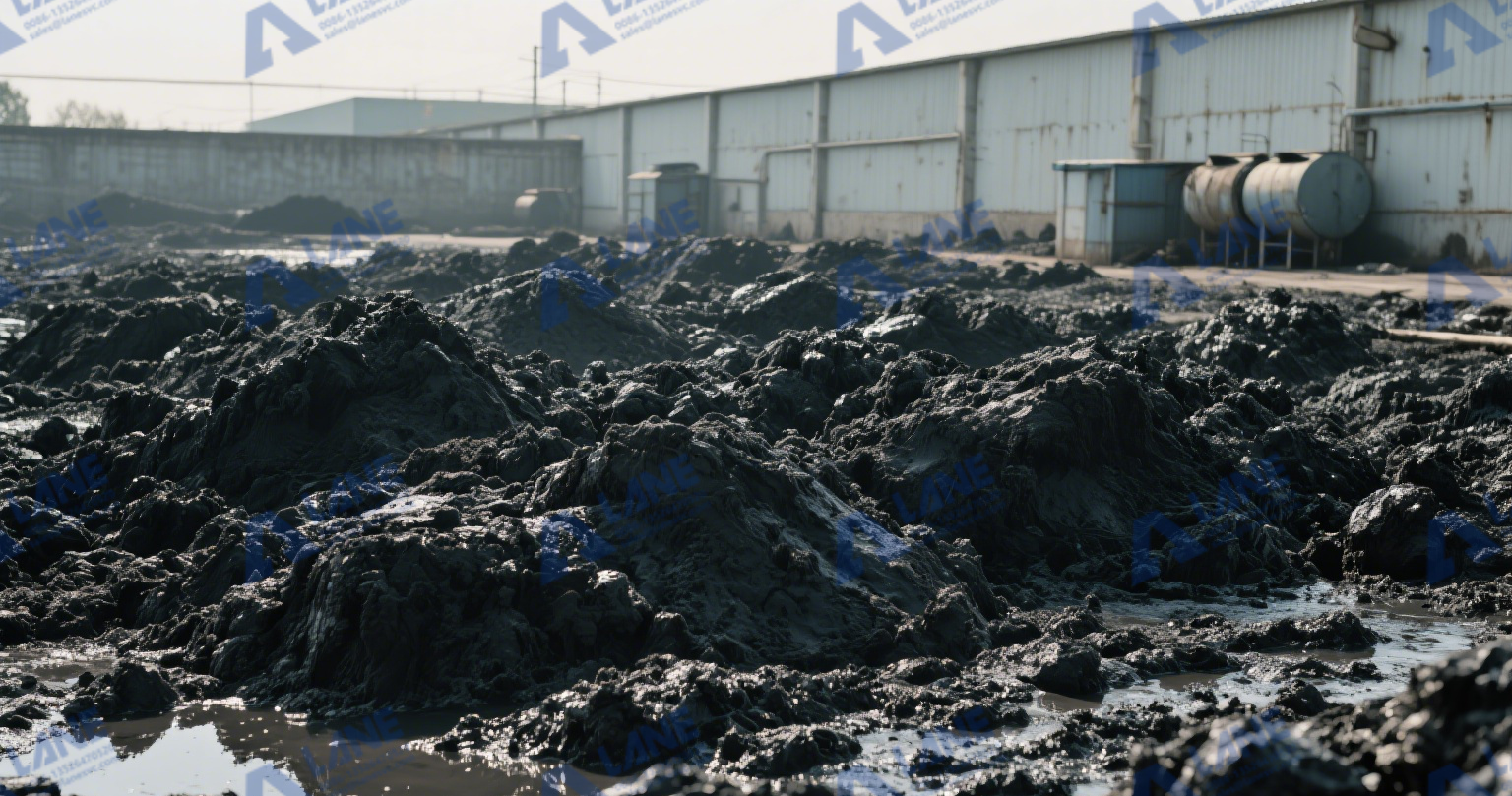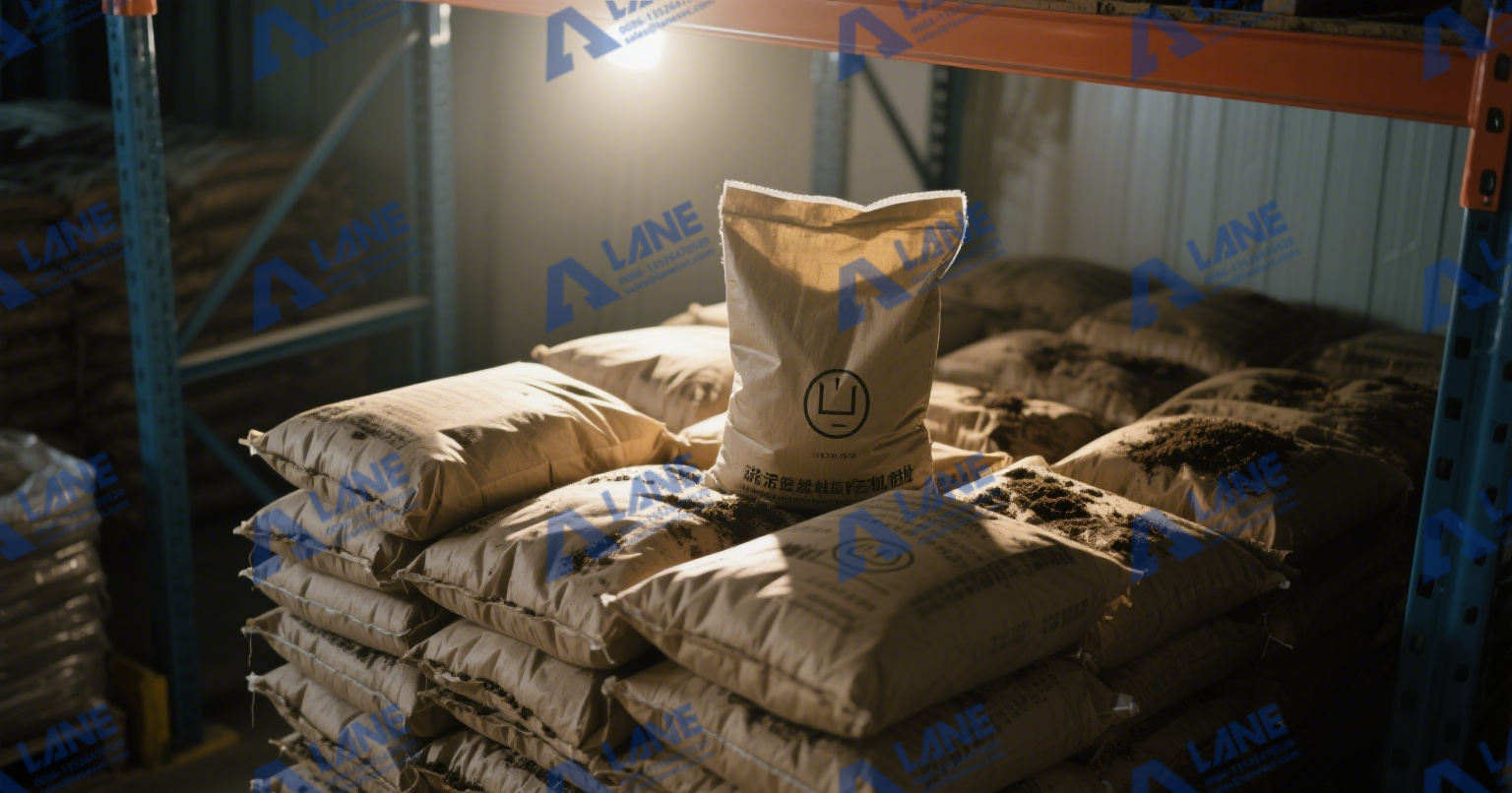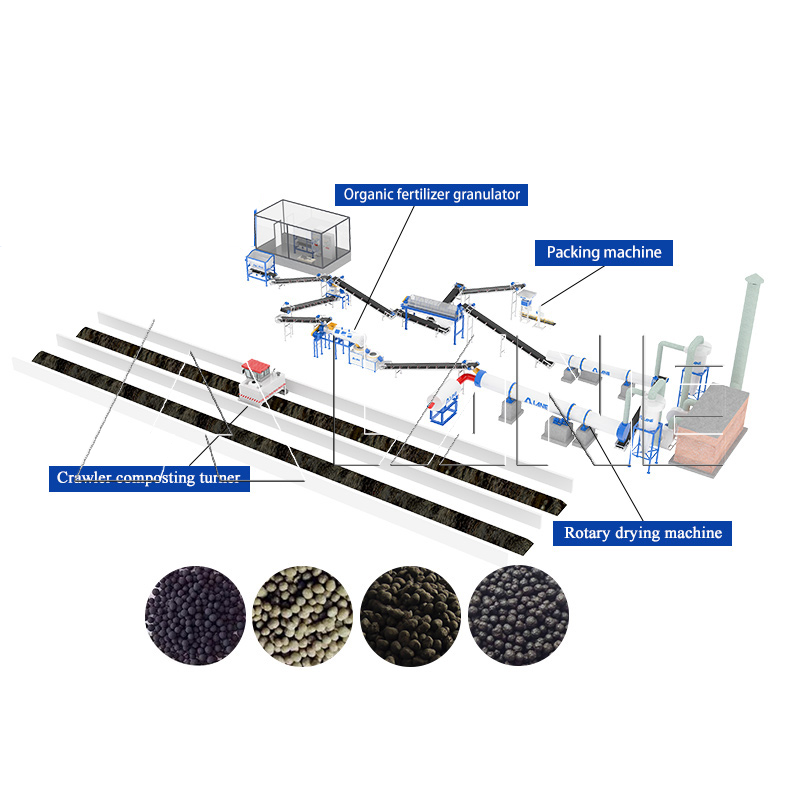Setting up a sludge-based organic fertilizer plant is more than just a response to waste management—it’s a strategic move toward circular agriculture and sustainable soil improvement. As urban populations grow and industrial activity intensifies, treating sludge from wastewater treatment plants becomes a pressing environmental concern. Turning this sludge into organic fertilizer not only reduces pollution but also generates valuable bio-based resources.

1.What Is a Sludge-Based Organic Fertilizer Plant Setup?
A sludge-based organic fertilizer plant refers to the whole process of converting municipal or industrial sludge into nutrient-rich organic fertilizer through microbial fermentation, drying, granulation and packaging. This setup typically includes a well-planned production line with equipment customized for sludge characteristics such as high moisture content, odor and heavy metal management.
2.Why Consider Sludge as Fertilizer Material?
Municipal sludge is often seen as a waste burden, but it actually contains a high proportion of organic matter, nitrogen, phosphorus, and beneficial microorganisms. Through scientific treatment in a sludge-based organic fertilizer plant setup, harmful substances in the sludge can be effectively removed, and the remaining nutrients can be retained. A sludge-based organic fertilizer plant ensures that these nutrients are stabilized, sanitized, and made safe for agricultural application.
Benefits include:
Waste reduction: Diverts sludge from landfills or incineration
Soil enrichment: Adds humus and organic carbon to degraded soils
Cost-efficiency: Lowers raw material sourcing costs
Policy compliance: Aligns with environmental regulations and sustainability goals
3.Key Steps in a Sludge-Based Organic Fertilizer Plant Setup
(1) Sludge Collection and Dewatering
The process begins with collecting sludge from municipal treatment facilities. Because of its high moisture content, dewatering is essential. Filter presses or screw dehydrators are commonly used.
(2) Pre-Treatment and Mixing
The dewatered sludge is often mixed with sawdust, straw, or other carbon-rich materials to balance the carbon-nitrogen (C/N) ratio, reduce odor, and improve fermentation conditions.
(3) Aerobic Fermentation
A compost turner (crawler type or groove type) is used to aerate and stir the material, allowing microbial activity to break down harmful substances and stabilize nutrients.
(4) Crushing, Granulating, and Drying
After fermentation, the material is crushed, granulated (usually with a pan or rotary drum granulator), and dried to reduce moisture for storage and transport.
(5) Screening and Packaging
Finished products are screened for uniformity and then packed into bags using automatic packaging systems.
This entire sludge-based organic fertilizer plant setup can be scaled for small municipalities or large industrial zones, depending on sludge volume and output requirements.

4.Challenges and Solutions in Sludge-Based Fertilizer Production
Setting up a plant that handles sludge comes with technical and regulatory challenges, including:
Heavy metal content: Requires regular testing and compliance with safety standards
Odor control: Fermentation facilities must include ventilation and odor-reducing additives
Public acceptance: Transparency in sourcing, testing, and final product quality helps gain trust
LANE and other equipment suppliers offer tailored equipment and technical support to help clients build efficient and compliant sludge-to-fertilizer systems.

With the increasing emphasis on environmental protection and sustainable agriculture, the prospects of sludge-based organic fertilizer plant setup are very broad. In the future, more advanced technologies will be applied to improve the efficiency and quality of sludge treatment. At the same time, the combination of sludge-based organic fertilizer plant setup with agricultural production chains will be closer, forming a circular economy model of “sludge treatment – organic fertilizer production – agricultural application”.
In conclusion, sludge-based organic fertilizer plant setup is a win-win choice. It not only contributes to environmental protection but also creates economic value. For entrepreneurs and investors, seizing the opportunity of sludge-based organic fertilizer plant setup can achieve both social and economic benefits.
For more details, please feel free to contact us.
Henan Lane Heavy Industry Machinery Technology Co., Ltd.
Email: sales@lanesvc.com
Contact number: +86 13526470520
Whatsapp: +86 13526470520